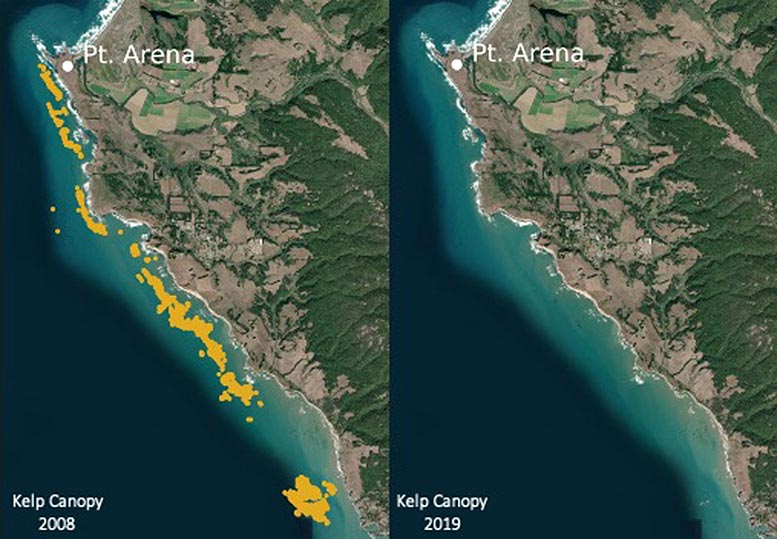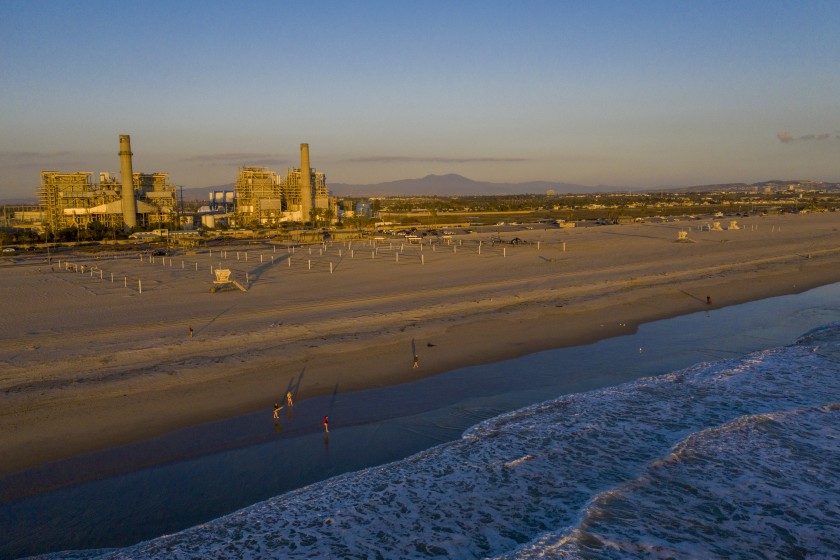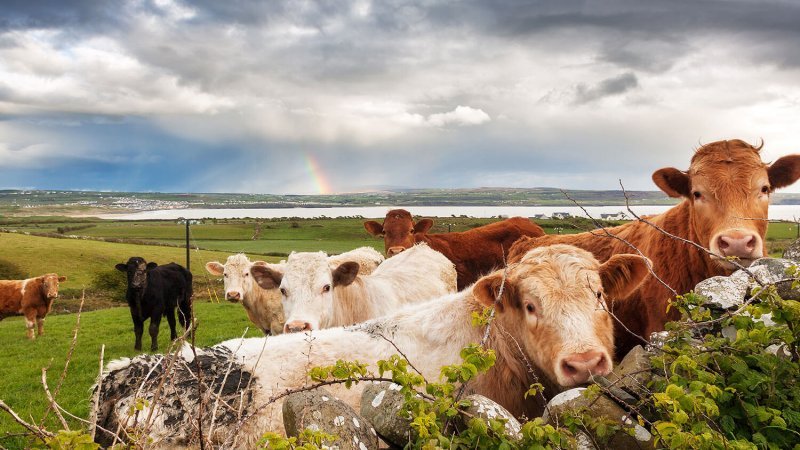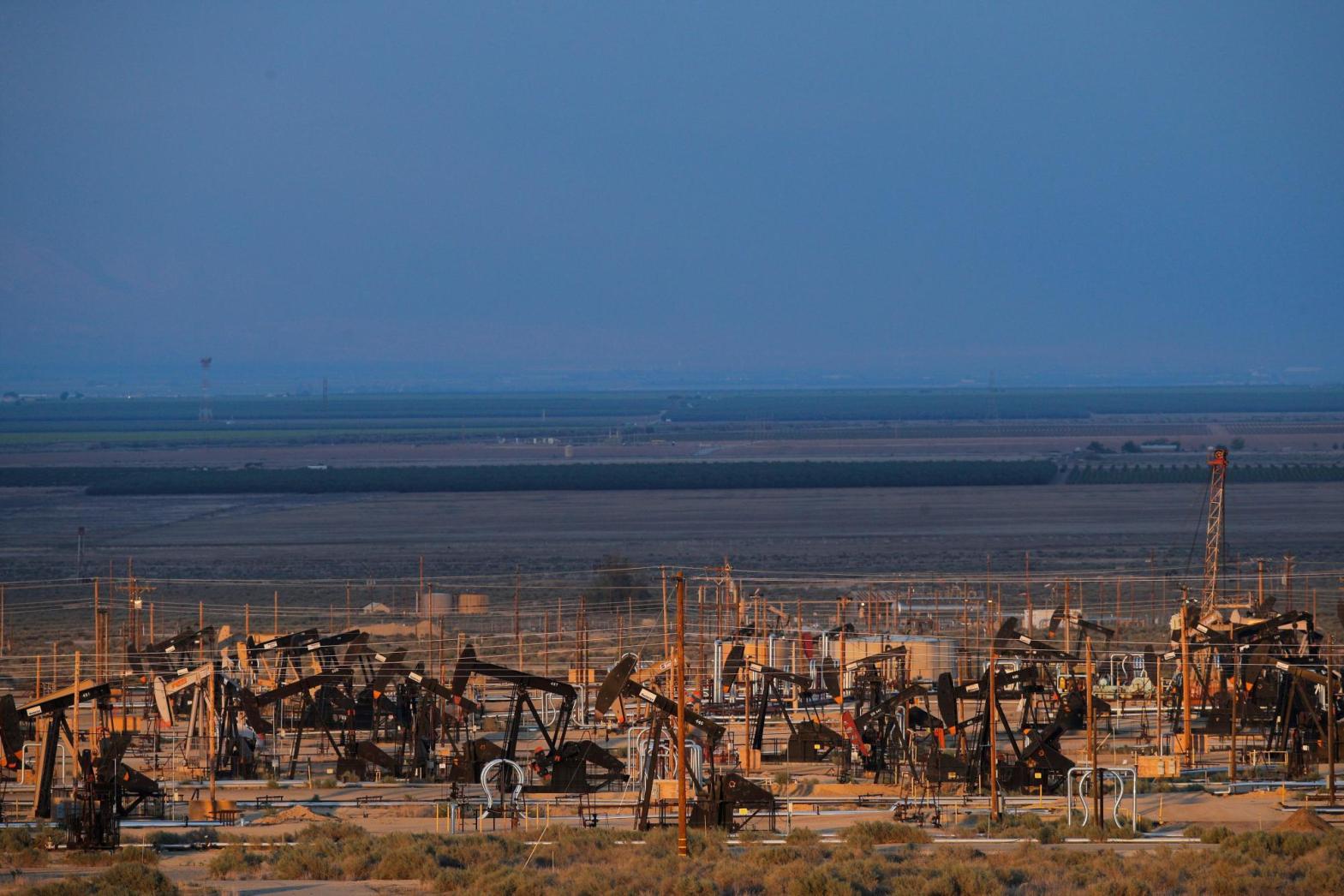By UNIVERSITY OF CALIFORNIA – SANTA CRUZ
Satellite imagery shows that the area covered by kelp forests off the coast of Northern California has dropped by more than 95 percent, with just a few small, isolated patches of bull kelp remaining. Species-rich kelp forests have been replaced by “urchin barrens,” where purple sea urchins cover a seafloor devoid of kelp and other algae.
A new study led by researchers at UC Santa Cruz documents this dramatic shift in the coastal ecosystem and analyzes the events that caused it. This was not a gradual decline, but an abrupt collapse of the kelp forest ecosystem in the aftermath of unusual ocean warming along the West Coast starting in 2014, part of a series of events that combined to decimate the kelp forests.
Published today (March 5, 2021) in Communications Biology, the study shows that the kelp forests north of San Francisco were resilient to extreme warming events in the past, surviving other strong marine heatwaves and El Niño events. But the loss of a key urchin predator, the sunflower sea star, due to sea star wasting disease left the kelp forests of Northern California without any predators of sea urchins, which are voracious grazers of kelp.


Satellite images show the dramatic reduction from 2008 to 2019 in the area covered by kelp forests (gold) off the coast of Mendocino and Sonoma Counties in Northern California. Credit: Meredith McPherson
Add a comment






